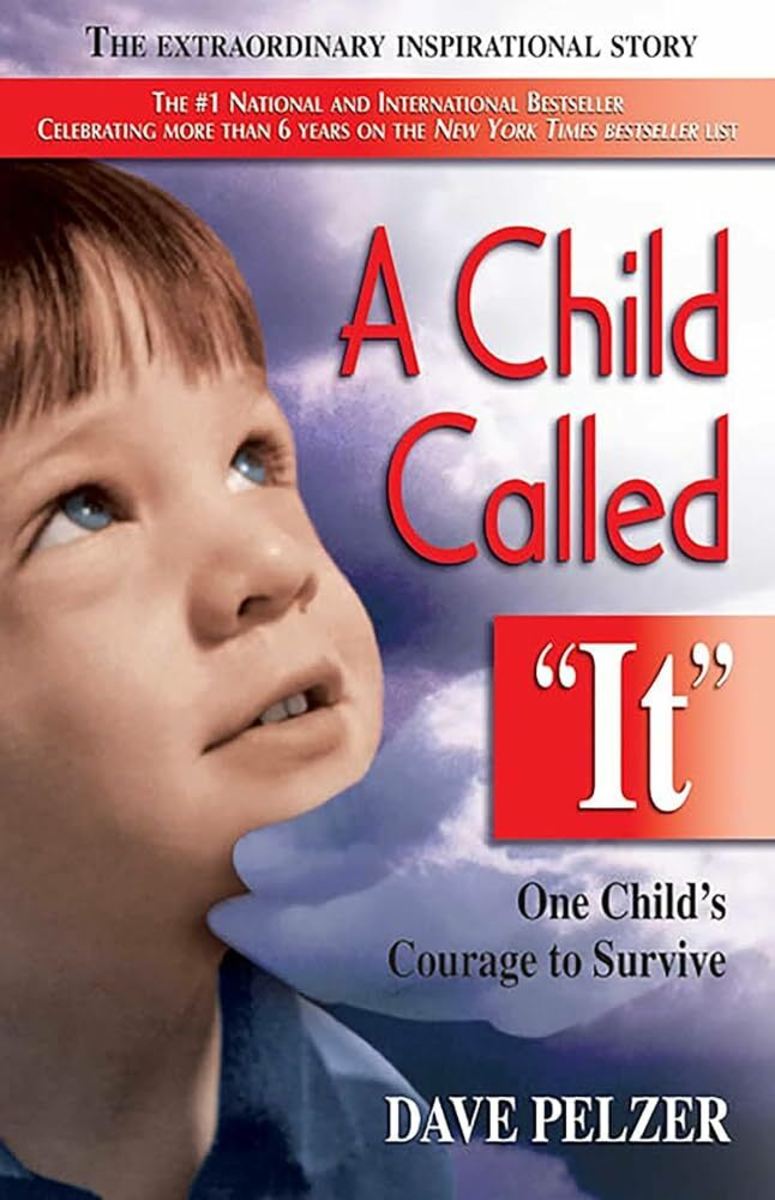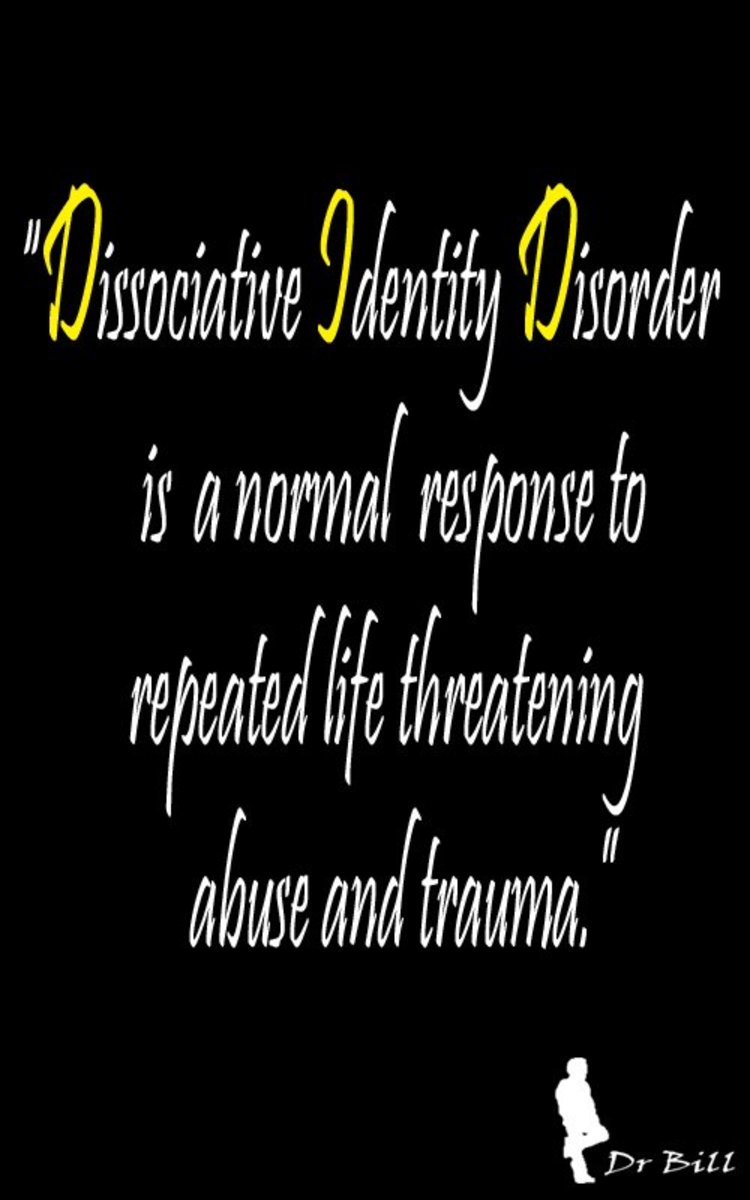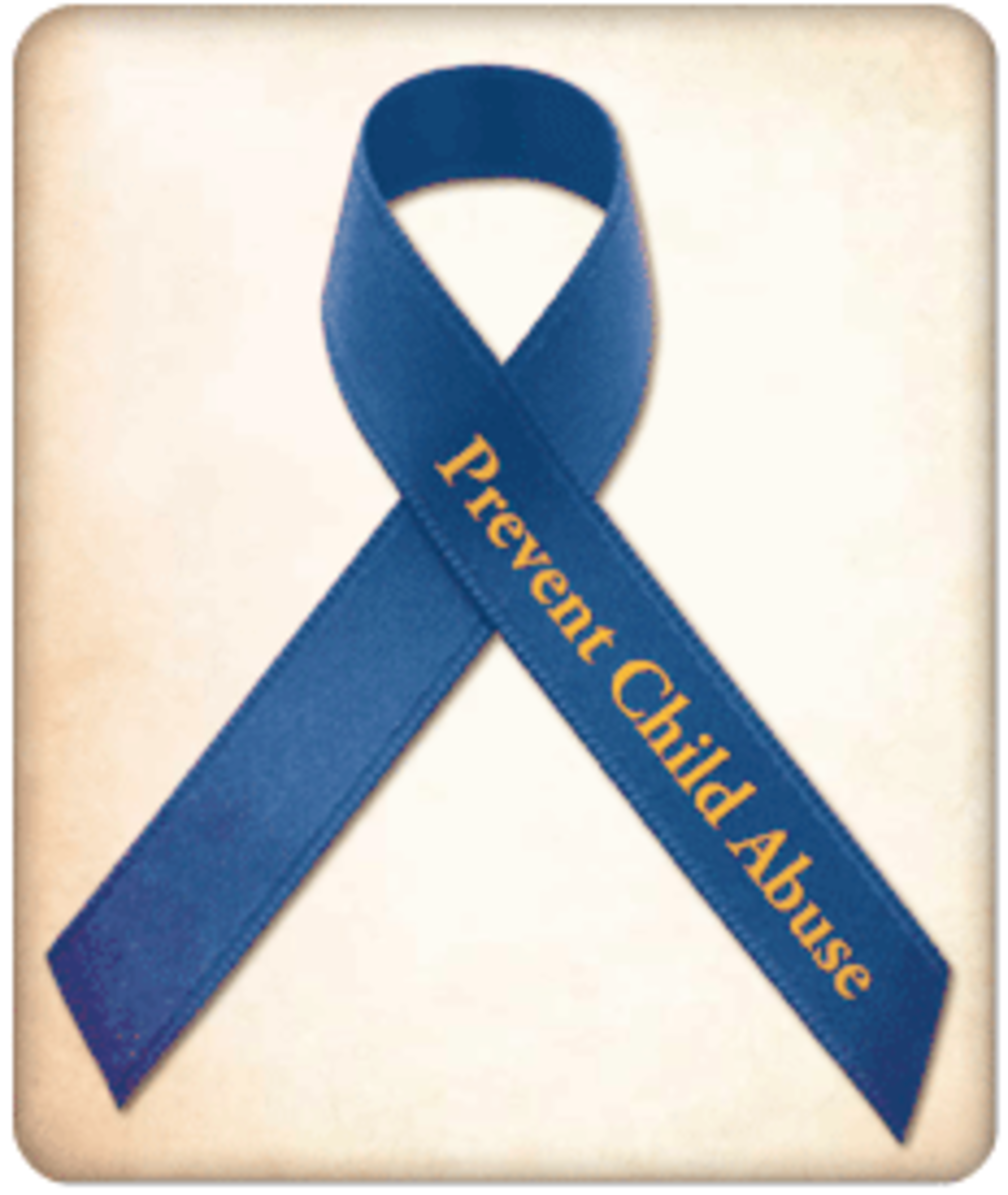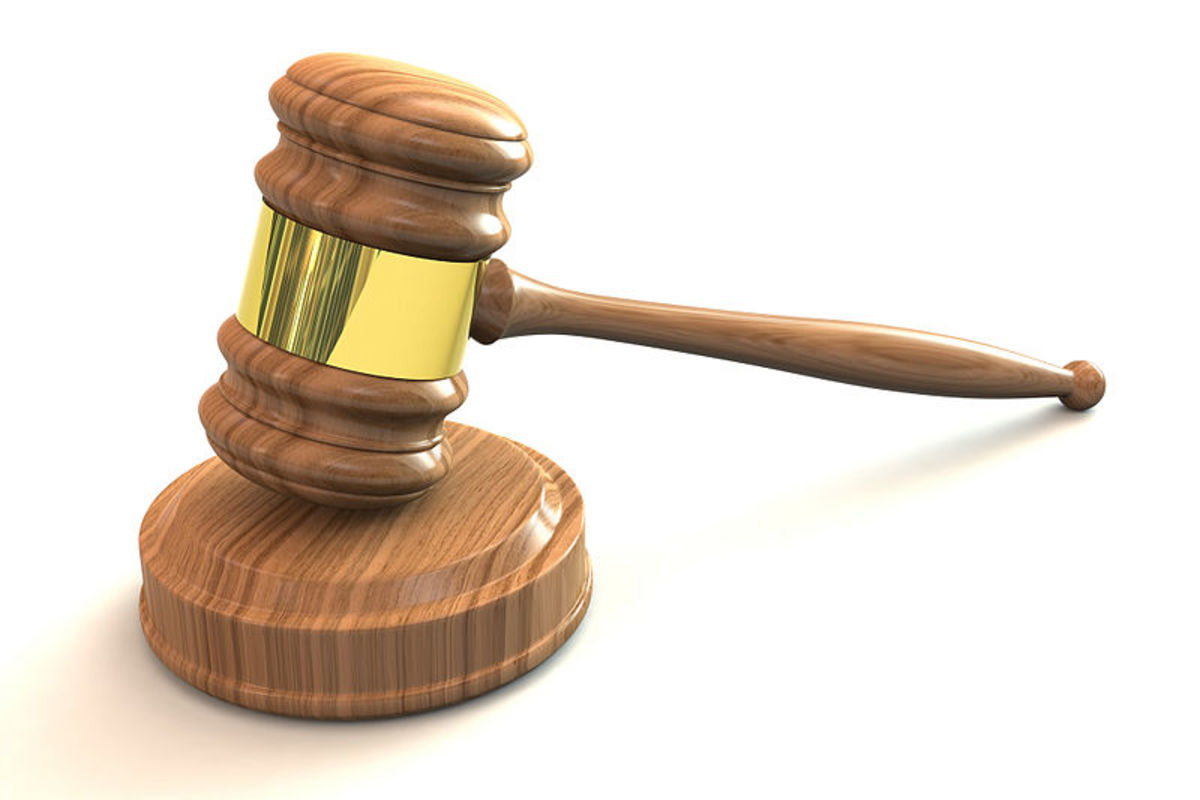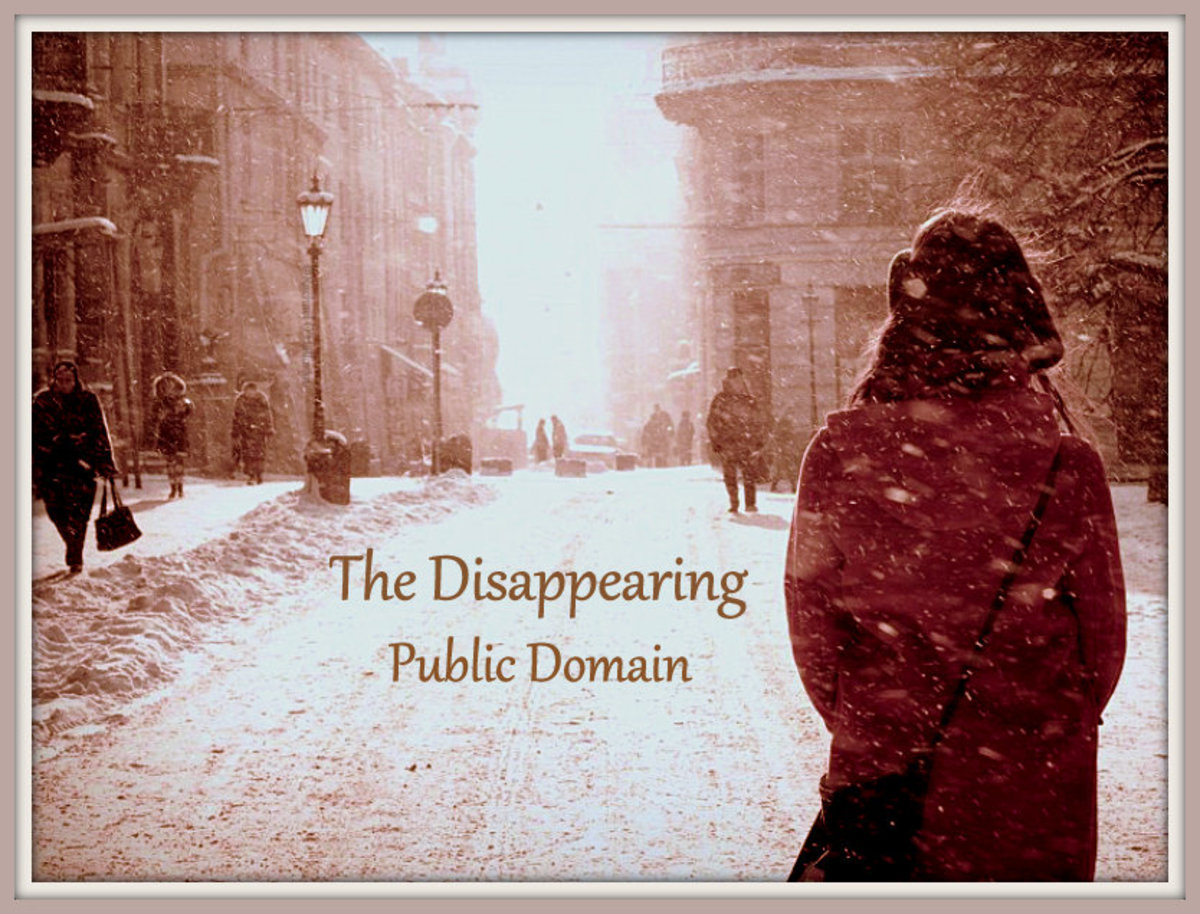Child Protection Laws: Understanding the Basics of Maltreatment
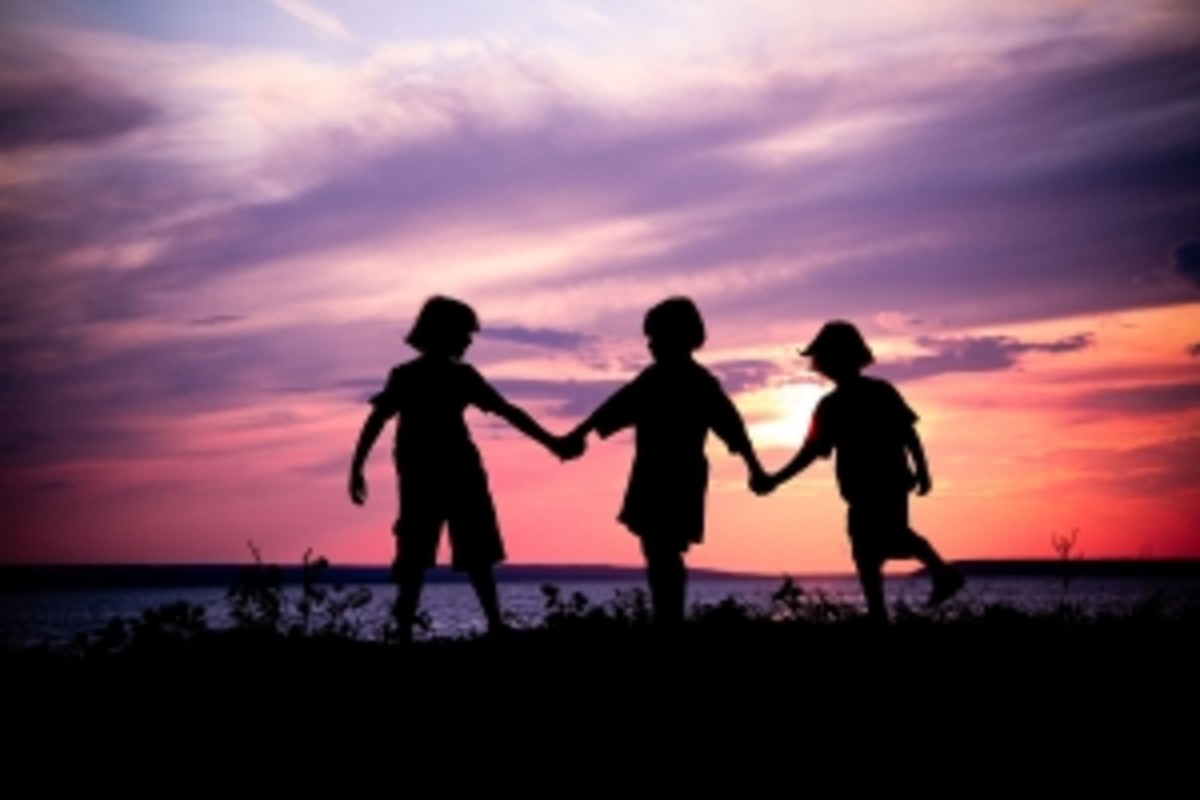
Child Maltreatment Law Basics
Although each U.S. state has its own laws protecting children from physical abuse, sexual abuse, neglect, emotional injury, and neglect, federal laws are also in place to safeguard minors against harm. In suspected cases of child maltreatment, it is common for both civil and criminal agencies to investigate. In other words, the police may investigate alongside child protection agencies, which are generally staffed by investigators who have specialized training in the dynamics and warning signs of child maltreatment. If you suspect that a child is being abused or neglected, you can thus contact either your local police department or your state's child abuse hotline. Both can reach out to the child and his or her family--often while protecting your anonymity.
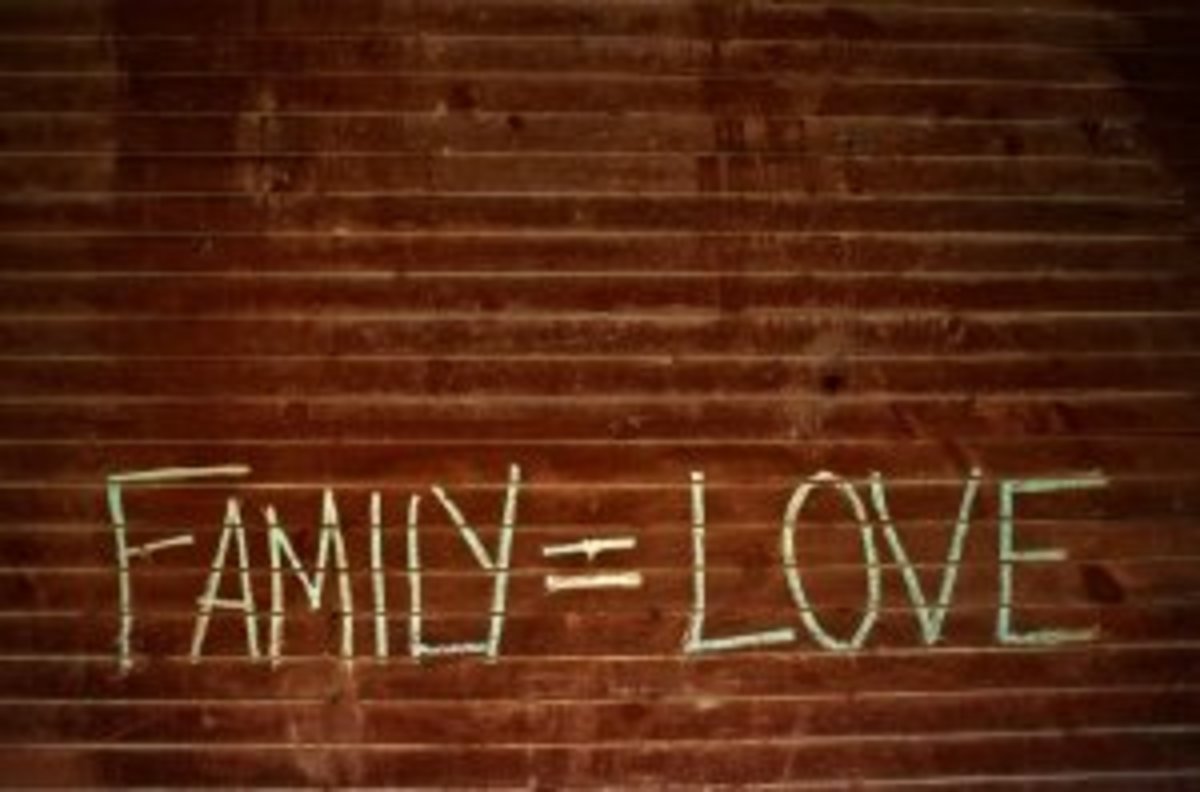
Child Neglect
Child neglect is a broad term for situations in which a parent or caregiver fails to provide for a child's basic needs. This can encompass several types of action or inaction:
- Inadequate supervision: This term refers to individuals who leave children alone before the law permits them to do so, or places children in situations where it is unsafe for them to be left unattended. These laws vary significantly from state to state, with different jurisdictions setting their own standards for how old a child must be to stay home alone and how long that child may be left alone. Likewise, supervision laws dictate when a child is old enough to babysit younger children. While some states give parents leeway in determining when their child is mature enough to be left home alone or to run an errand by himself, other states have more inflexible laws.
- Physical neglect: Neglecting a child's basic physical needs can encompass a range of behaviors. Generally, however, it refers to a basic failure to meet the child's needs for food, clothing, or physical hygiene. Like other child neglect laws, physical neglect statutes are generally broad enough to protect the rights of families with diverse culture views and of various socioeconomic statues. That said, laws generally require children to have clothing that is appropriate for the weather--for example, a coat if it is snowing. Likewise, the law requires that parents take steps to make sure their children have adequate food, although the law understands that some families must rely on food banks or other charitable organizations to feed their minor children.
- Inadequate housing: These laws maintain that a parent or caregiver must provide a safe home for a child. Generally, these laws are liberal and take into account the different lifestyles, financial limitations, and cultural differences between families. However, a child must generally have a safe place to sleep and the home should be free from serious hazards such as live electrical wires that could start a fire or conditions that could pose health hazards, such as ongoing sewage leaks or unsanitary conditions that go well beyond average household clutter and messiness. Likewise, if a home does not have adequate heat in cold climates or some form of airflow, such as a fan, in very hot climates, this may constitute inadequate housing.
- Medical neglect: Medical neglect simply refers to a parent or caregiver's refusal to seek basic medical care for a child. This typically does not include families who refuse certain medical procedures for religious reasons. An example of medical neglect might include failing to take a child to the emergency room after he is knocked unconscious or breaks after falling while playing.
- Educational neglect: Educational neglect can be difficult to prove given the diverse and liberal home schooling laws, but generally, all children must be enrolled in some type of educational program, whether it is through public school, private school, or at home. To monitor against educational neglect, families who home school or unschool may be required to register with the state and provide written proof that they child is receiving education.
Abuse
Physical abuse laws vary significantly from state to state, particularly in regard to corporal punishment. For example, some states only allow parents to physically discipline a child with an open-handed spanking, while other places allow parents to use paddles or switches. Generally, however, any physical punishment that leaves a bruise or lasting mark or injury is considered physical abuse. Likewise, cutting, burning, shaking, kicking or otherwise seriously harming a child nearly always constitutes abuse, both civilly and criminally.

Substance Abuse and Maltreatment
Child maltreatment regulations restrict children from consuming drugs or alcohol, with parental consent or knowledge. For example, if a teenage child sneaks alcohol into her room and the parent does nothing to restrict this, it may constitute child maltreatment. Likewise, allowing a child to be exposed to illegal drugs of any sort constitutes child maltreatment in most states. Further, manufacturing or selling any sort of drug in the child's place of residence may lead to a child abuse charge.
Typically, an adult consuming alcohol in moderation around a child will not constitute maltreatment unless it puts the child in danger--for example, when a parent or caregiver drives with a child while under the influence. Likewise, taking prescription medications as prescribed by a medical professional will typically not lead to any child maltreatment charges unless any of these substances impair a parent's ability to care for a child, for instance, being unable to remain alert enough to care for the child's basic needs.
Psychological Abuse
Psychological maltreatment is one of the most difficult types of child abuse to define and identify, but can have some of the most serious and lasting effects. Often, psychological abuse involves belittling a child, such as calling her names, teasing her in a malicious way, or deliberately humiliating her in a way that is intended to cause significant distress.
Threatening a child can also constitute psychological abuse. For example, threatening to abandon a child, give her up for adoption, harm her pets, or harm her safety can also constitute psychological abuse. Likewise, exposing a child to the domestic abuse of her parent may fall under psychological abuse in some states.
Child who suffer from this type of treatment often experience lasting effects into adulthood. Both in childhood and later, they may suffer from poor self-esteem, experience anxiety and depression, and be prone to substance abuse. As adults, they may be drawn to abusive relationships or become victims of other crimes.


